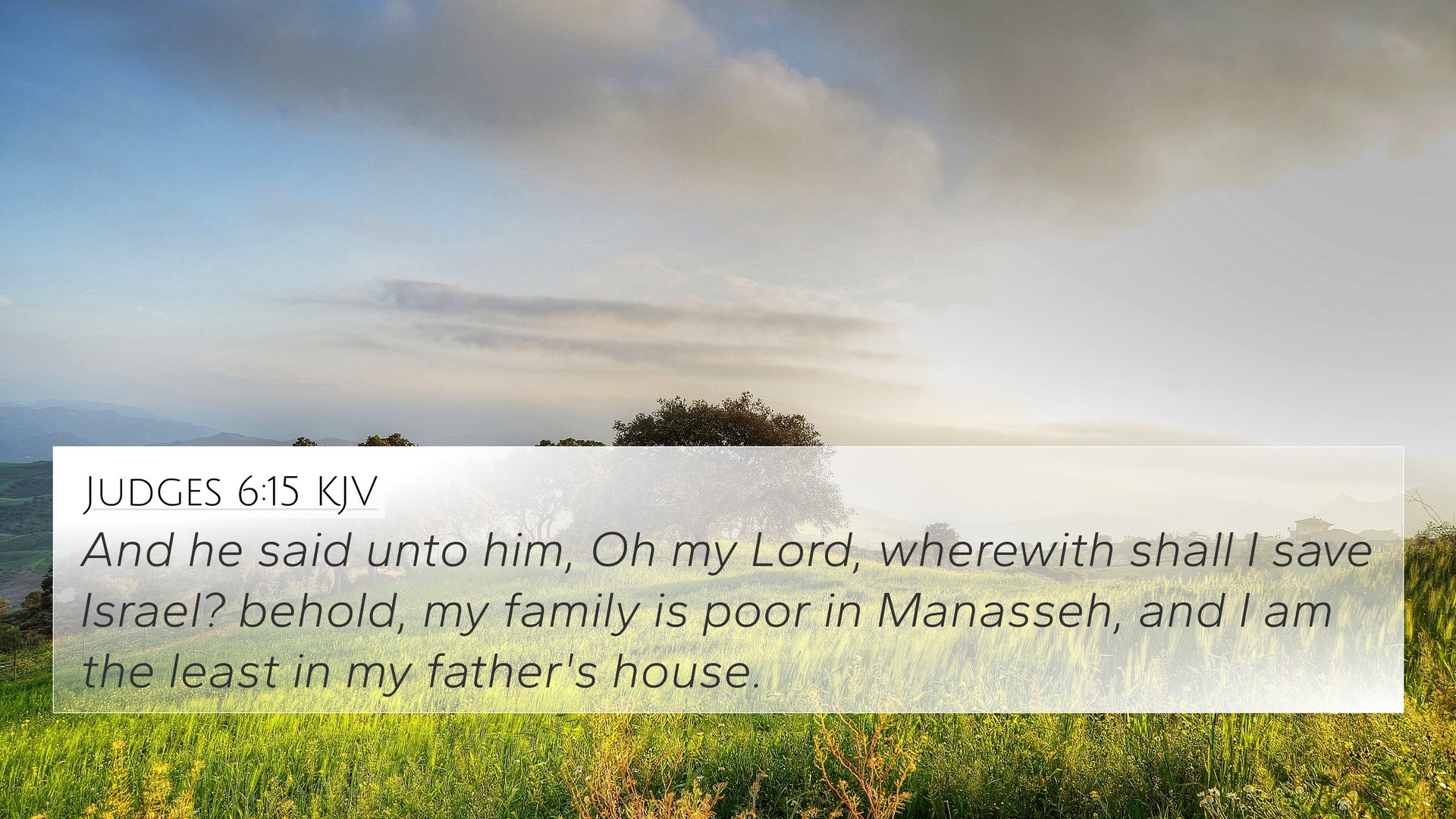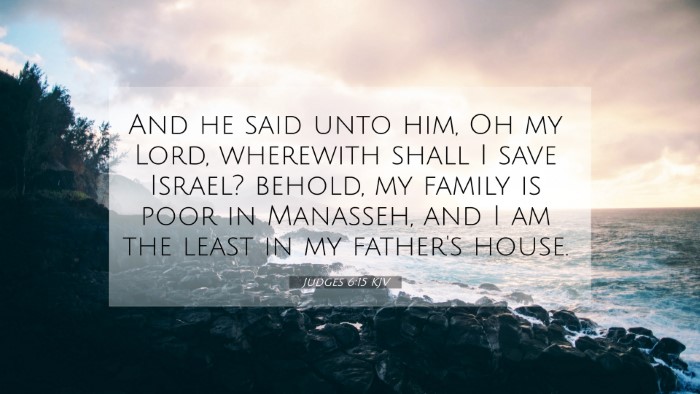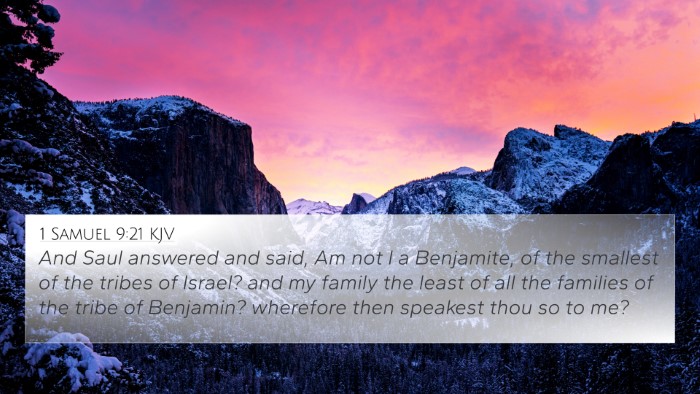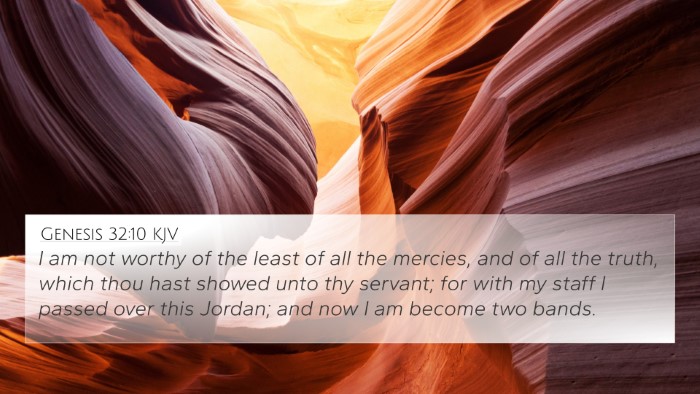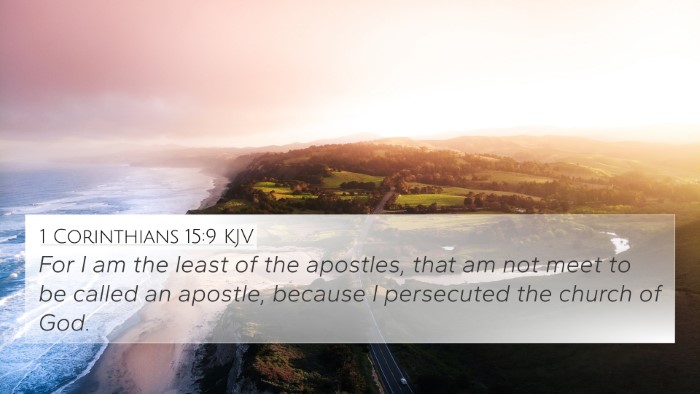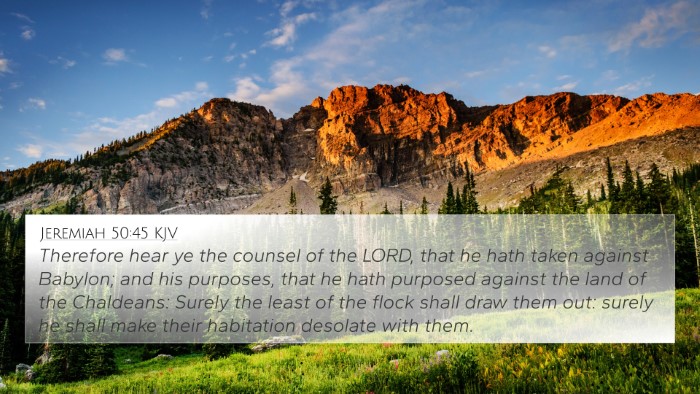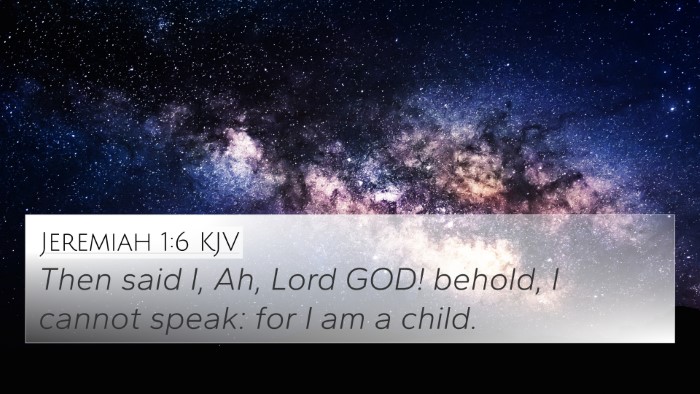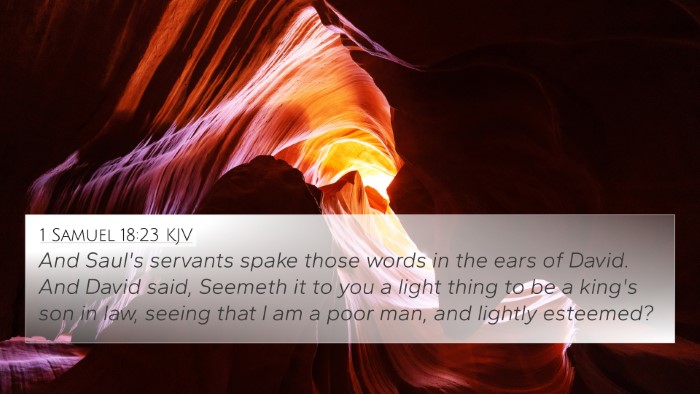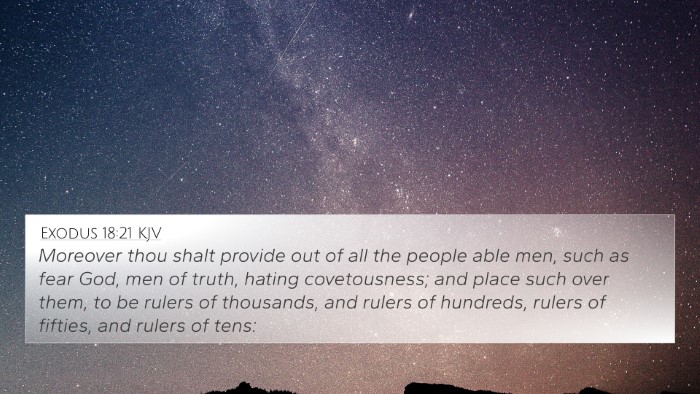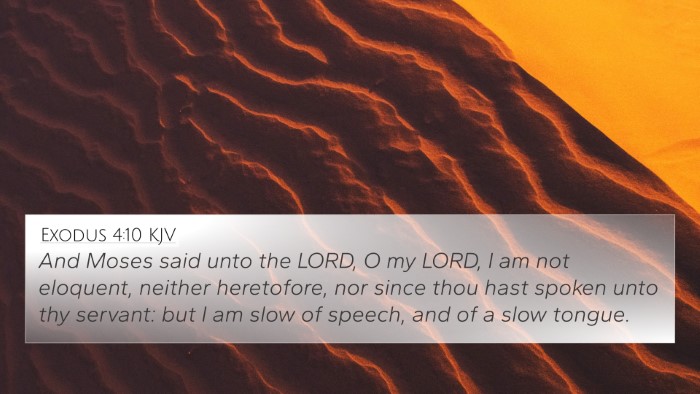Understanding Judges 6:15
Judges 6:15 reads: "He said to him, 'Please, Lord, how can I save Israel? Behold, my clan is the weakest in Manasseh, and I am the least in my father's house.'
This verse captures a moment of deep humility and self-doubt experienced by Gideon when called by God to lead Israel against the Midianites. The profound message in Gideon's response reflects the universal theme of God choosing the unlikely and the weak to accomplish His purposes.
Meaning and Insights from Public Domain Commentaries
-
Matthew Henry's Commentary:
Henry emphasizes Gideon's recognition of his lowly status and the inadequacy he feels in light of the significant task God has assigned. He notes that the choice of Gideon represents God's method of using the weak to confound the mighty, highlighting God's power being made perfect in human weakness.
-
Albert Barnes' Notes:
Barnes offers insight into the cultural context of Israel during Gideon’s time. He explains that the tribes were embroiled in fear and conflict, diminishing their faith in God's deliverance. Gideon’s lineage from Manasseh, one of the smallest tribes, adds to his perceived hopelessness in fulfilling the divine mission.
-
Adam Clarke’s Commentary:
Clarke expands on Gideon’s protest, explaining how his disbelief in his own abilities serves a dual purpose; it reflects humility yet also a lack of faith. Clarke posits that God's selection of Gideon serves as a powerful reminder that God does not look for the qualified but rather qualifies the chosen.
Thematic Connections and Cross-References
The themes of humility, divine selection, and the empowerment of the weak resonate throughout the Scriptures. Here are some significant cross-references that connect with Judges 6:15:
- 1 Samuel 16:7: “For the Lord sees not as man sees: man looks on the outward appearance, but the Lord looks on the heart.”
- 2 Corinthians 12:9: “But he said to me, ‘My grace is sufficient for you, for my power is made perfect in weakness.’”
- 1 Corinthians 1:26-29: “For consider your calling, brothers: not many of you were wise according to worldly standards, not many were powerful, not many were of noble birth... that no human being might boast in the presence of God.”
- Hebrews 11:32-34: Describes heroes of faith, including Gideon, who were made mighty through faith despite their weaknesses.
- Exodus 3:11: Moses’ similar response to God's call highlights that self-doubt is a recurring theme among God's chosen leaders.
- Jeremiah 1:6: Jeremiah expresses fear and inadequacy, paralleling Gideon’s response to divine commissioning.
- Matthew 10:16: Refers to Jesus sending out his disciples as “sheep in the midst of wolves,” emphasizing that God empowers the vulnerable for His mission.
Applications of Gideon’s Experience
The experiences of Gideon encourage believers to embrace their limitations while recognizing that God often calls individuals who feel unworthy or inadequate. Understanding the implications of Gideon's humility inspires believers to trust in God's strength rather than their own.
Tools for Bible Cross-Referencing
To enhance one’s study of Judges 6:15 and its interconnections with other scriptures, consider utilizing the following tools:
- Bible concordance for finding words and themes.
- A cross-reference Bible study to explore associations between different verses.
- Bible cross-reference guidebooks that focus on thematic studies.
- Comprehensive Bible cross-reference materials for in-depth research.
Conclusion
In conclusion, Judges 6:15 encapsulates a vital aspect of biblical theology—the idea that God often chooses the weak and humble to fulfill His great purposes. This principle is illustrated throughout Scripture, encouraging believers to rely on God's strength and faithfulness in times of doubt. The connections between this verse and others reveal a rich tapestry of divine interaction with humanity, inviting us to explore these themes deeply through cross-referencing and thematic studies.
